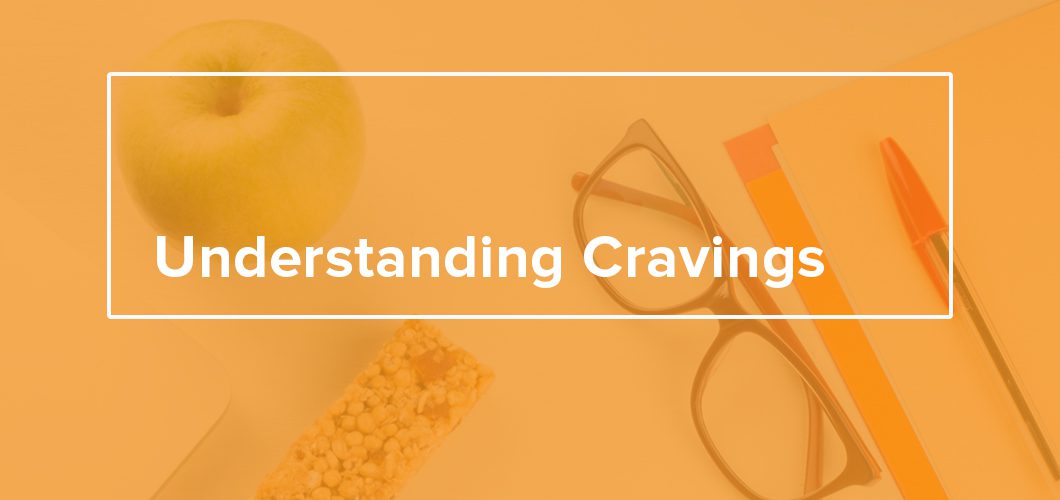Your body has two different drives to eat: homeostatic (body) hunger and hedonic (reward) hunger. Learning to recognize the difference between the two can ensure your efforts to manage your appetite and weight are targeted at the right place.
“Homeostatic” or “body” hunger is the drive to eat when you feel physically hungry. It is managed by hormones in your gut, your blood, and your fat tissue.
Tips to manage body hunger:
- Eat regularly through the day. This will help you maintain your energy and blood sugar levels throughout the day. One of the most common symptoms of irregular eating habits is craving foods high in fat, carbohydrates and salt starting midafternoon and continuing into the evening.
- Eat balanced. Meals that contain a source of protein, carbohydrate, and fat help manage hormones helping us feel full longer (see My Meal Plan for your specific recommendations).
- Aim for 25-35g of fibre per day. Dietary fibre plays a key role in optimum digestion, weight maintenance and bowel health. Fibre regulates ghrelin, a hormone in our gut responsible for appetite. A high fibre diet decreases the production of ghrelin, which decreases cravings, whereas a low fiber diet does the opposite. Fibre is essential for bowl regularity and to maintain a healthy weight.
- Know your portions. Work to moderate your portions as over eating (even the healthy stuff) can drive up appetite and cravings.
- Limit added sugar and fat. Research suggests that eating foods high in sugar and fat may release serotonin (a feel-good hormone). This may be the reason why some people reach for these foods during times of stress. However, the more highsugar high-fat foods we have, the more we crave. Please see the handout out on cravings for more information.
- Get enough sleep: When you don’t get enough rest, cortisol levels rise. Cortisol is a stress hormone that makes us feel hungry and less satisfied with the food we eat. Developing a sleep routine which includes no electronics (television, phone, tablet, or computer) one to two hours before bed can help the body unwind. Try to remove all sources of light (especially those from electronics) in your room so you can have a more restful sleep.
“Hedonic” or “reward” hunger is ruled by the emotional brain, so it can be triggered by, emotions, stress, and mindless eating. This type of hunger doesn’t have anything to do with your body’s physical need for food, so how you learn to manage it has little to do with food itself. For example, someone experiencing chronic stress may be experiencing this cascade effect multiple times per day, causing the body to reach for pleasure-seeking behaviors, such as high-sugar, high-fat processed foods.
Tips to manage reward hunger:
- Become aware of your eating triggers by keeping a food and emotions journal. Try to write down what you eat and how you felt in that situation. This will help you reflect on what may be causing you to eat when you are not hungry.
- Eat your favourite sweet and salty snacks mindfully. Try to enjoy these foods at the table, with no distractions (TV, book, phone). With each bite you take, reflect on how it tastes, feels in the mouth, and what you enjoy about it



